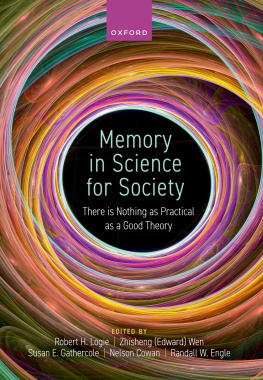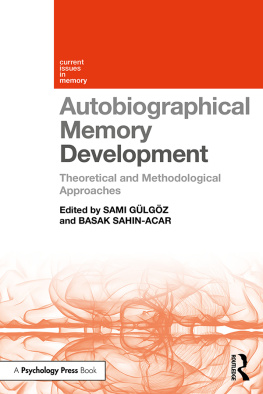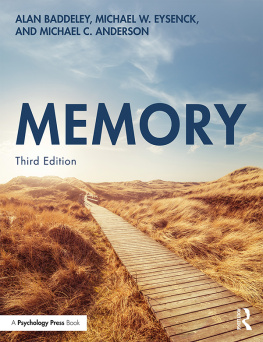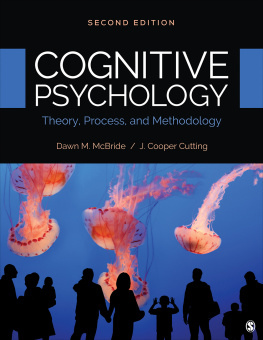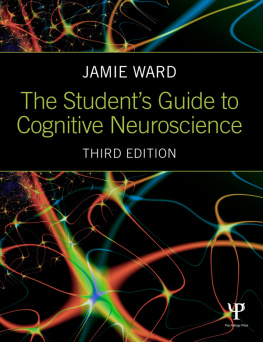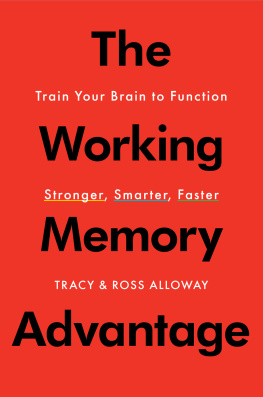Naoyuki Osaka - The Cognitive Neuroscience of Working Memory
Here you can read online Naoyuki Osaka - The Cognitive Neuroscience of Working Memory full text of the book (entire story) in english for free. Download pdf and epub, get meaning, cover and reviews about this ebook. year: 2007, publisher: Oxford University Press, genre: Home and family. Description of the work, (preface) as well as reviews are available. Best literature library LitArk.com created for fans of good reading and offers a wide selection of genres:
Romance novel
Science fiction
Adventure
Detective
Science
History
Home and family
Prose
Art
Politics
Computer
Non-fiction
Religion
Business
Children
Humor
Choose a favorite category and find really read worthwhile books. Enjoy immersion in the world of imagination, feel the emotions of the characters or learn something new for yourself, make an fascinating discovery.

- Book:The Cognitive Neuroscience of Working Memory
- Author:
- Publisher:Oxford University Press
- Genre:
- Year:2007
- Rating:5 / 5
- Favourites:Add to favourites
- Your mark:
The Cognitive Neuroscience of Working Memory: summary, description and annotation
We offer to read an annotation, description, summary or preface (depends on what the author of the book "The Cognitive Neuroscience of Working Memory" wrote himself). If you haven't found the necessary information about the book — write in the comments, we will try to find it.
The Cognitive Neuroscience of Working Memory brings together world class researchers from around the world to summarize our current knowledge of this field, and directions for future research. An historical opening chapter by Alan Baddeley and Graham Hitch sets the context for the subsequent chapters. The scope of the book is exceptionally broad, providing a showcase for leading edge research on all contemporary concepts of working memory, using techniques from experimental psychology, from single cell recording, from neuropsychology, from cognitive neuroimaging and from computational modelling.
The Cognitive Neuroscience of Working Memory will be an important reference text for all those seeking an authoritative and comprehensive synthesis of this field.
Naoyuki Osaka: author's other books
Who wrote The Cognitive Neuroscience of Working Memory? Find out the surname, the name of the author of the book and a list of all author's works by series.

